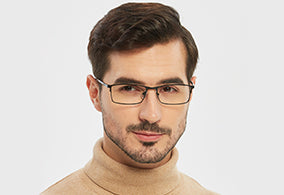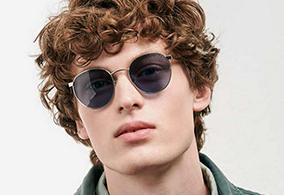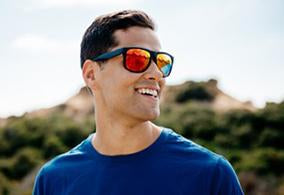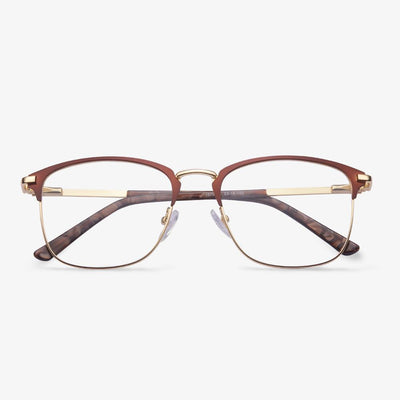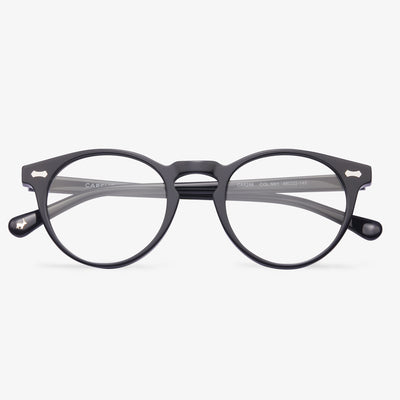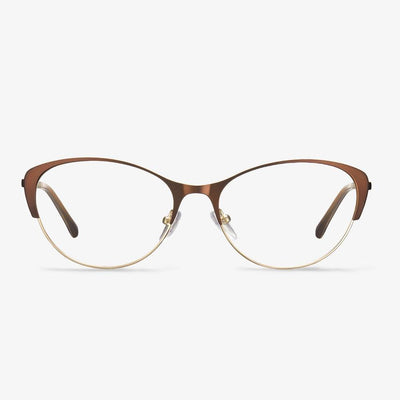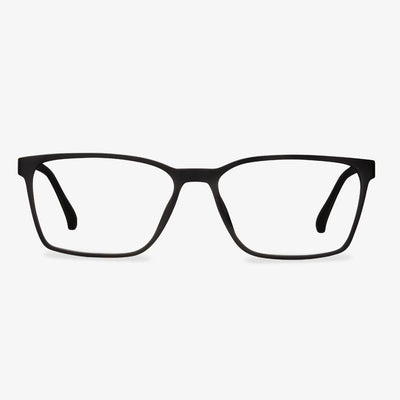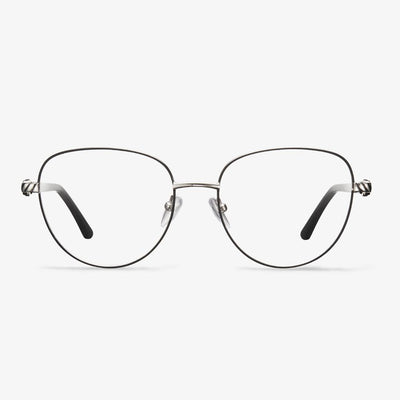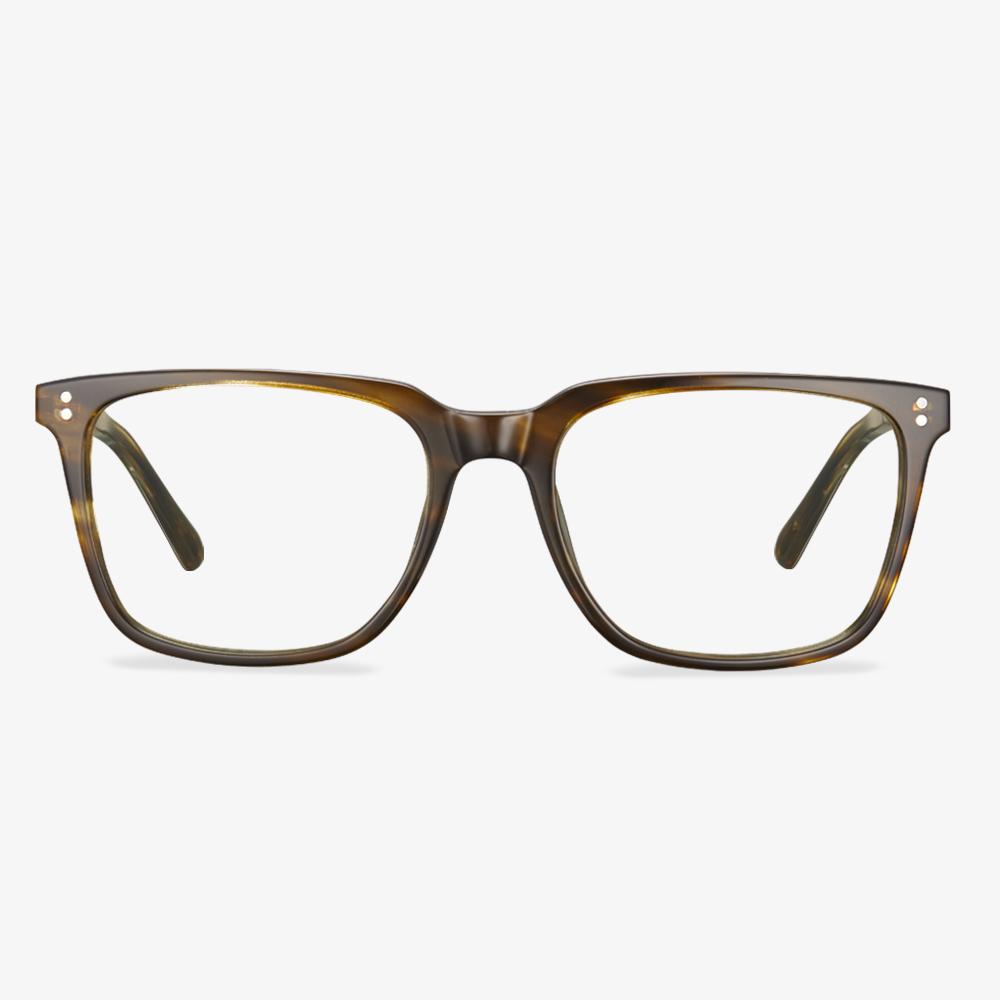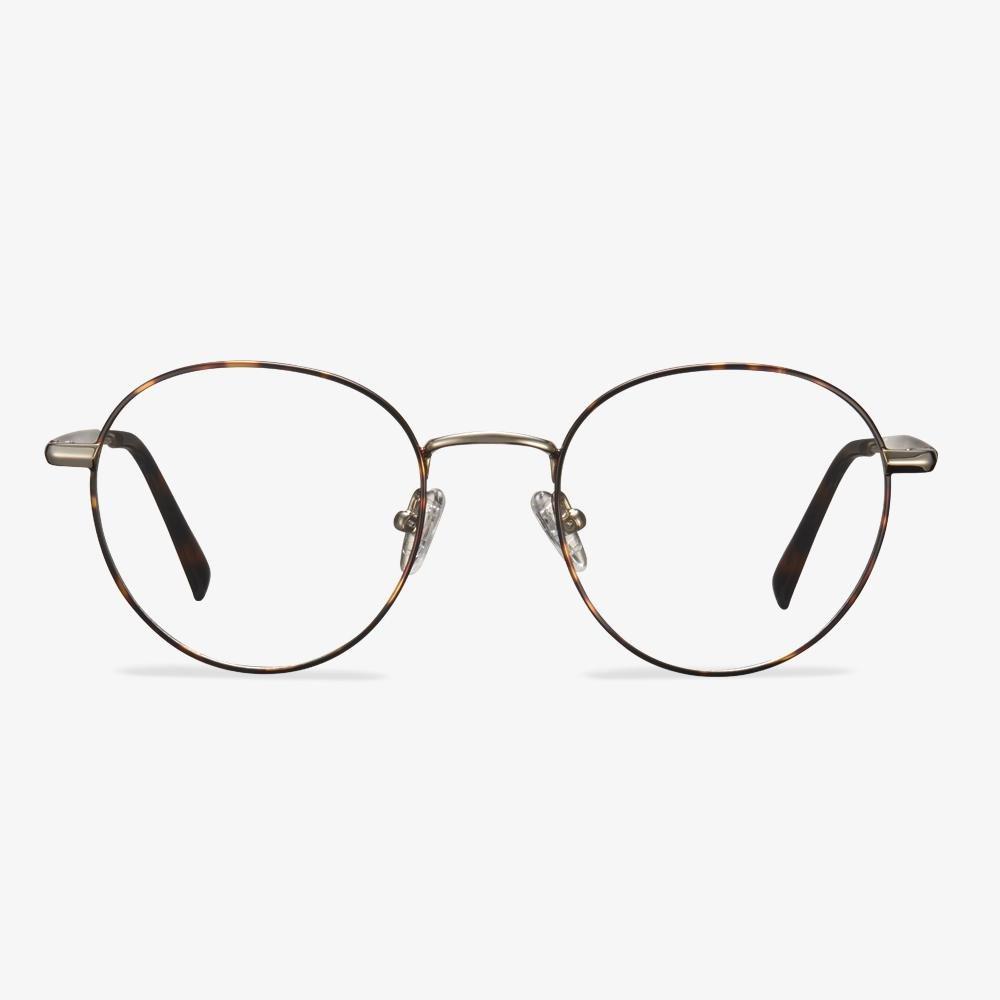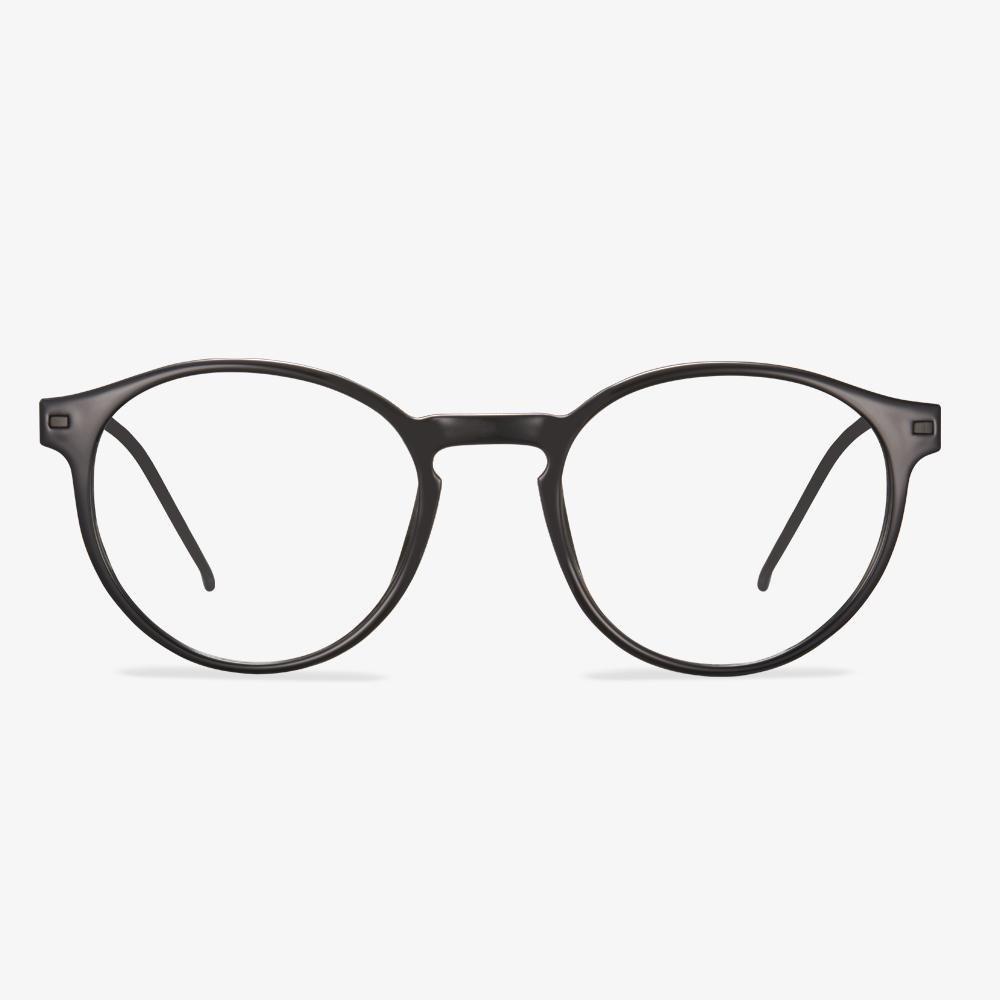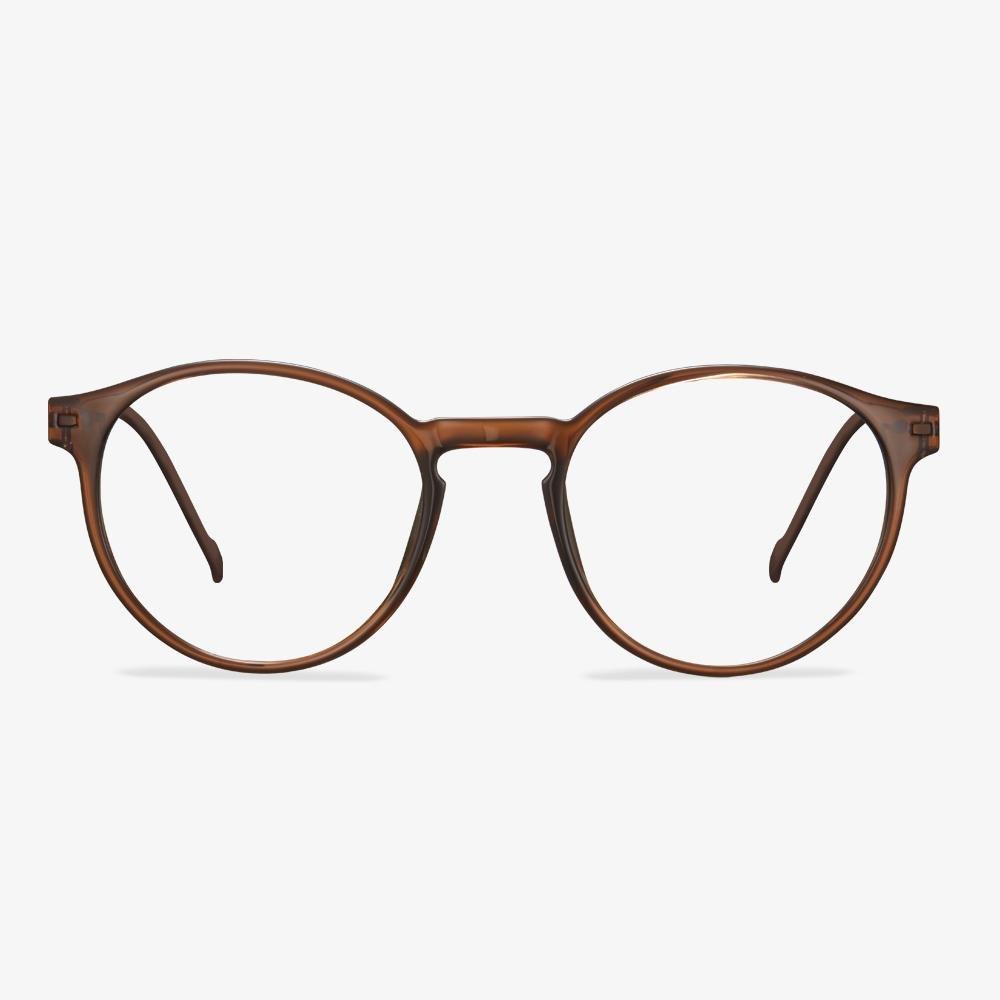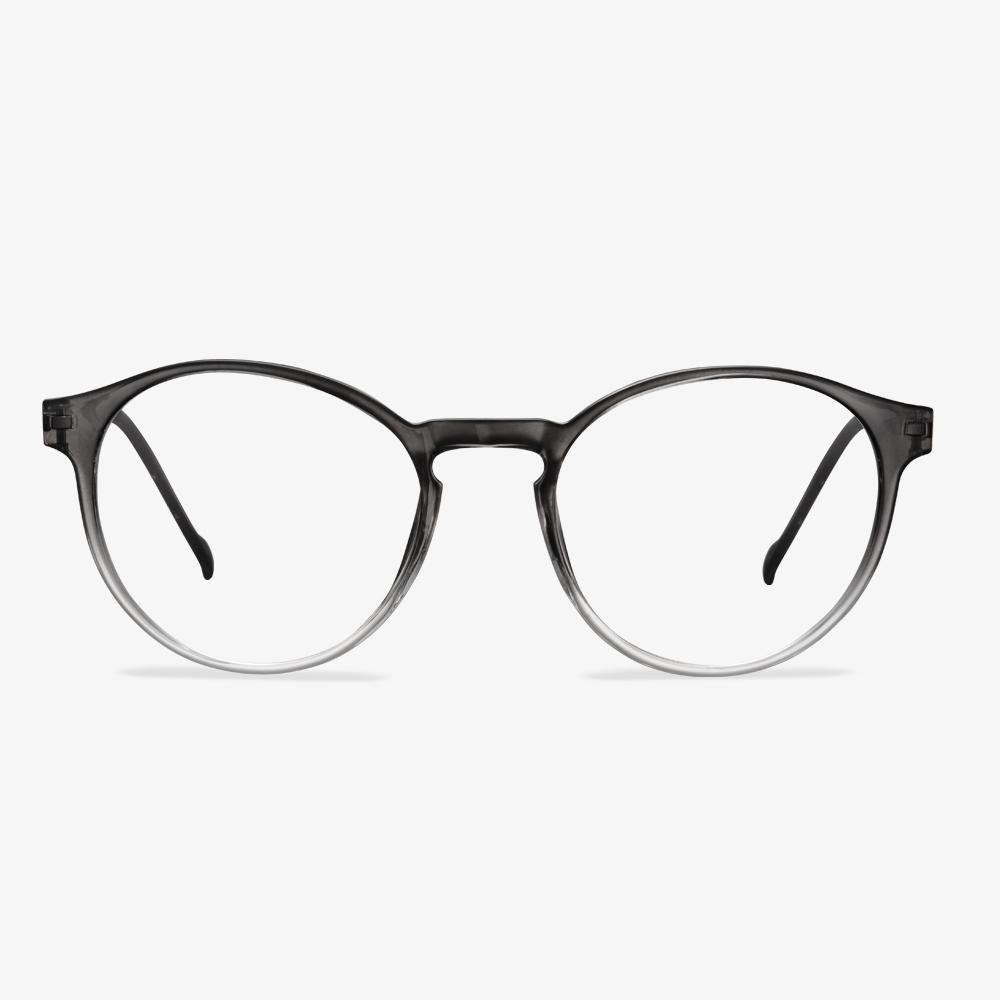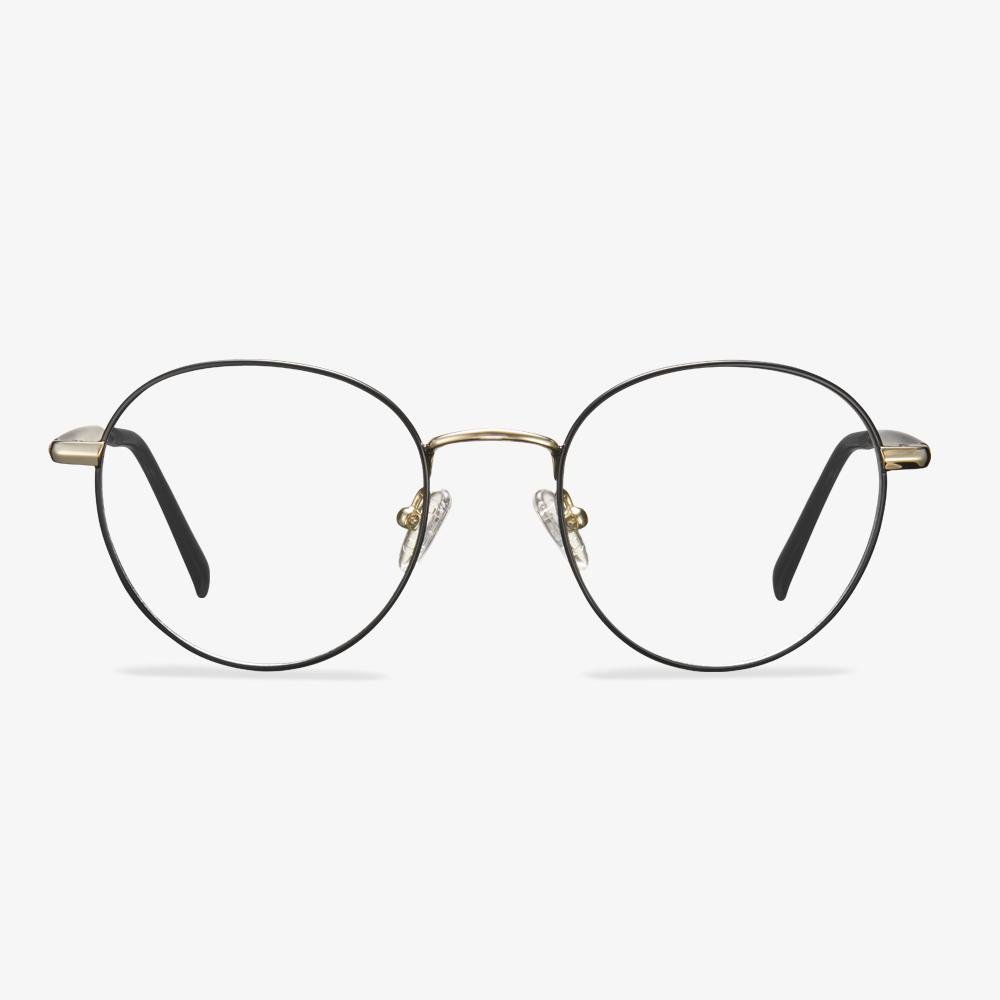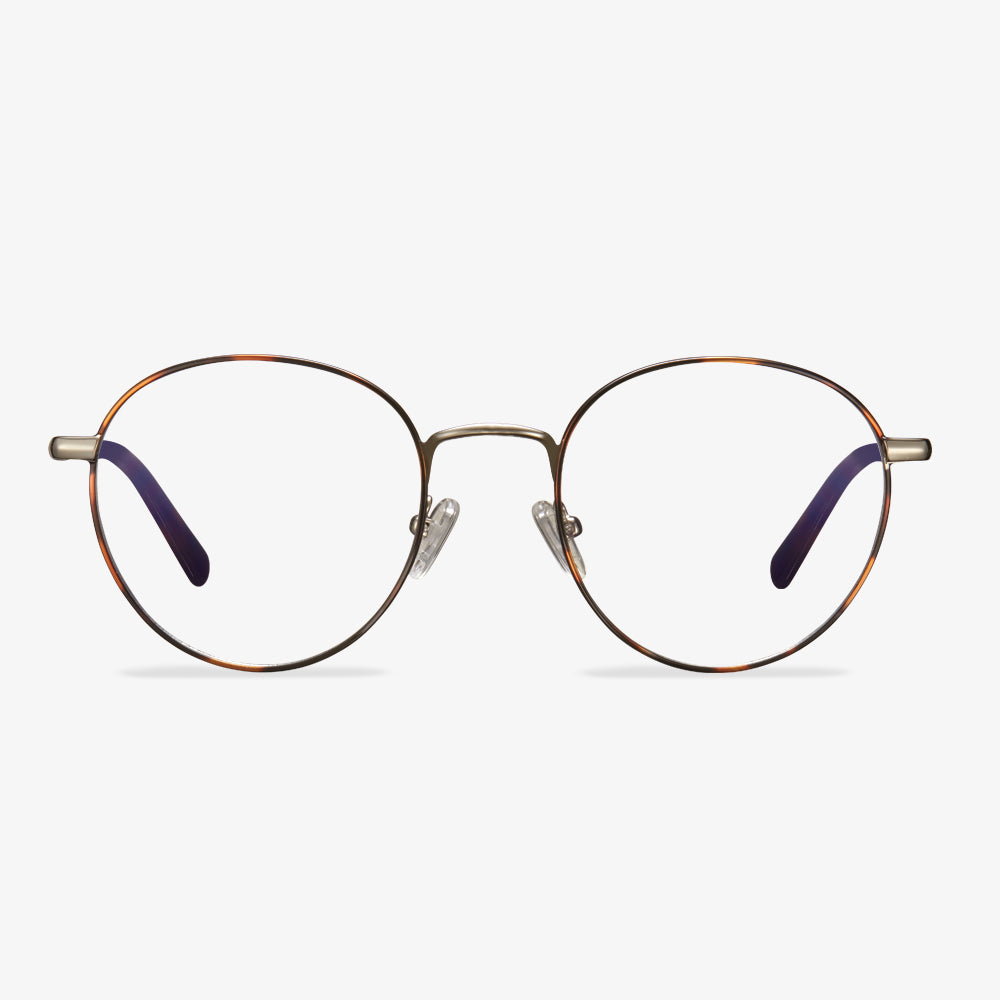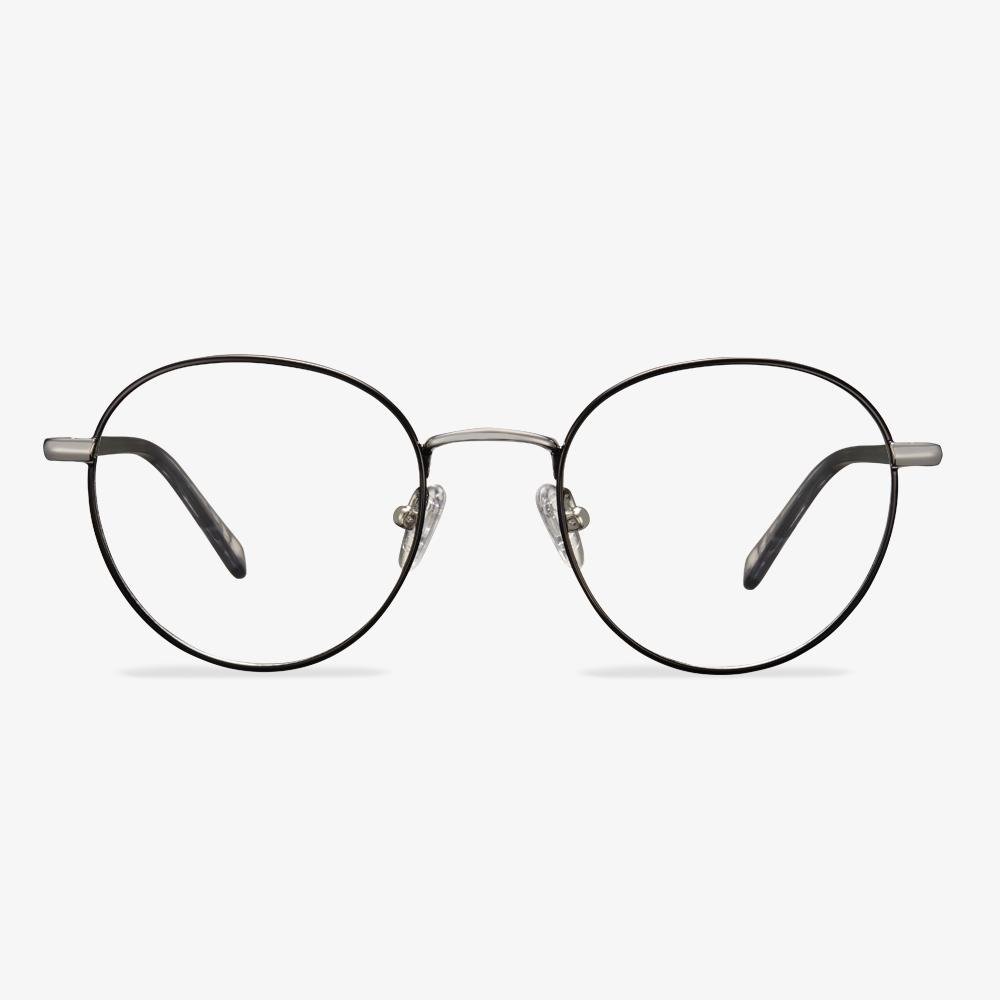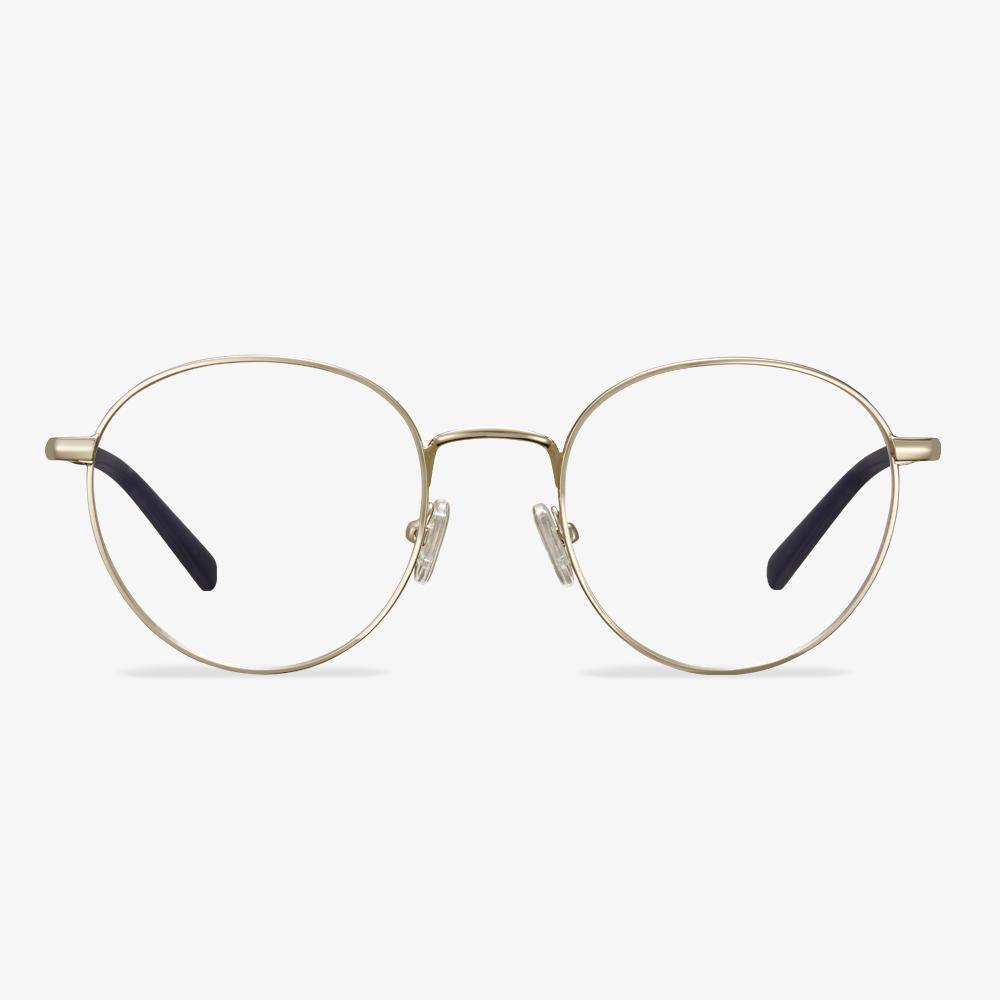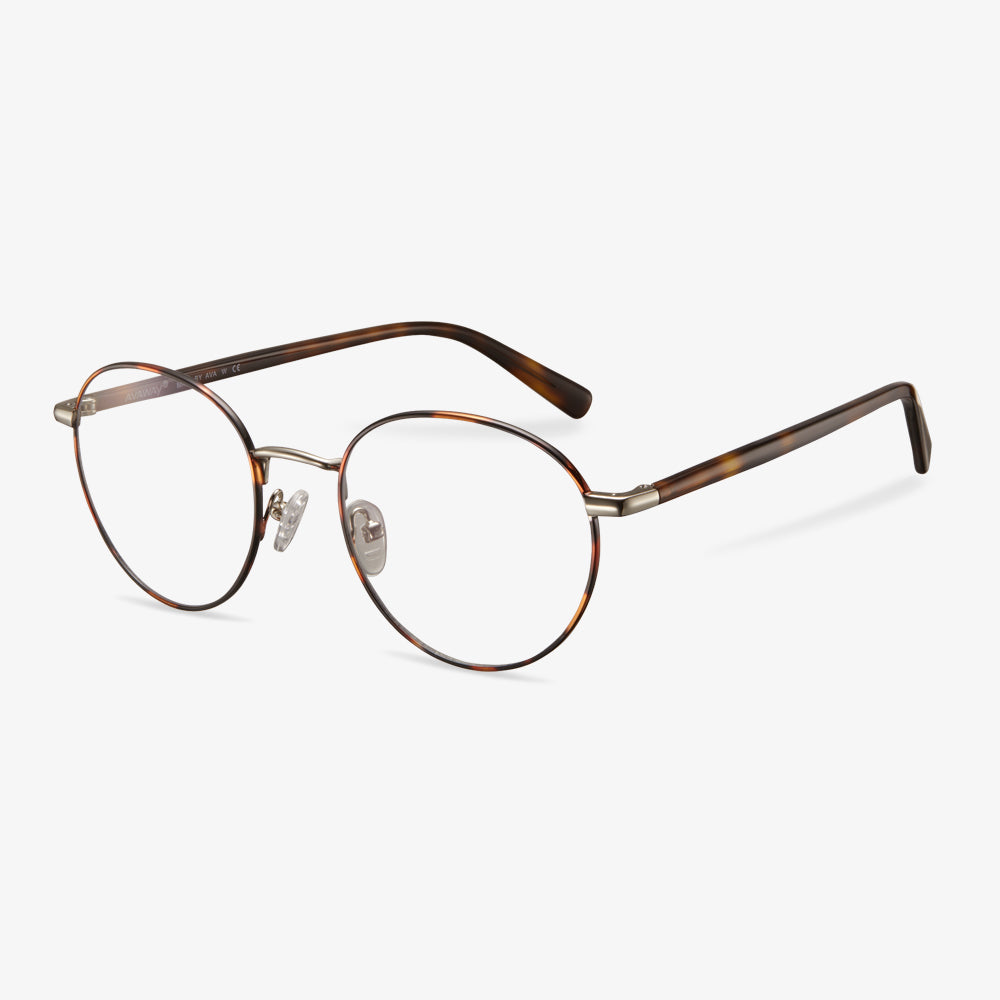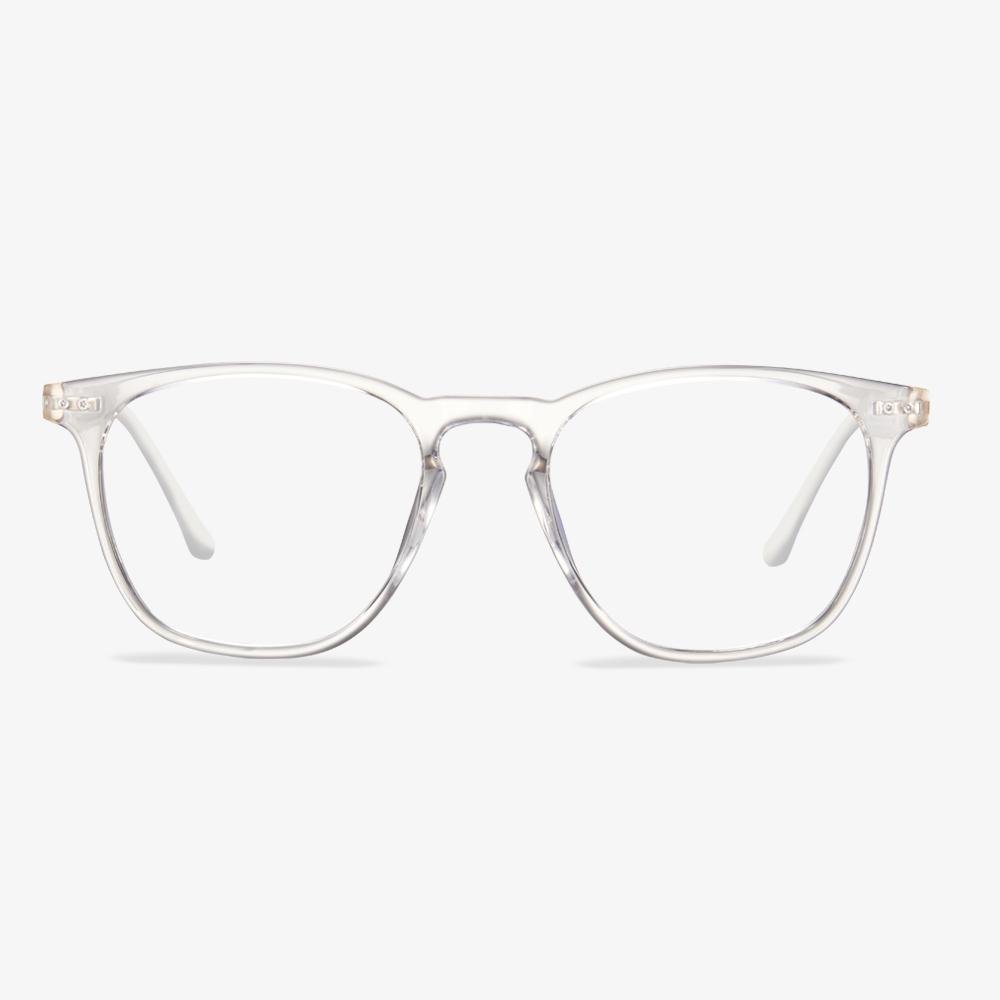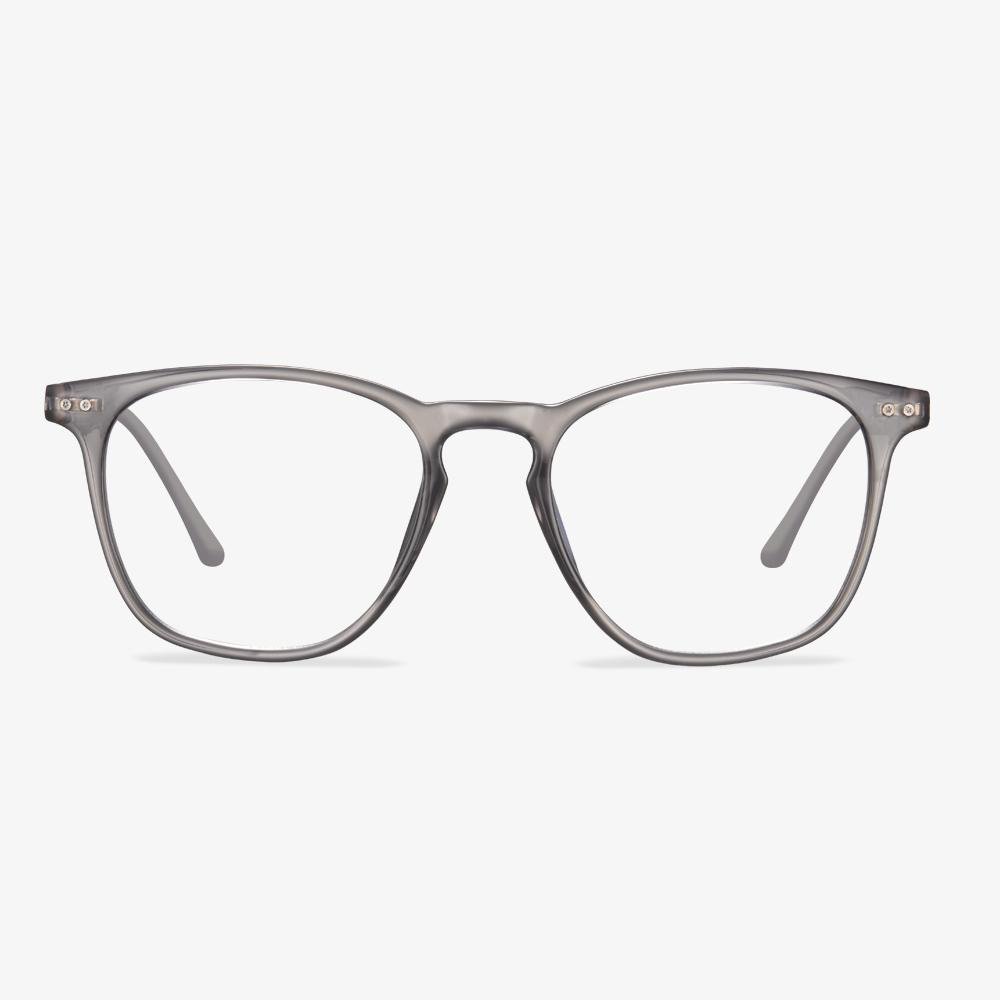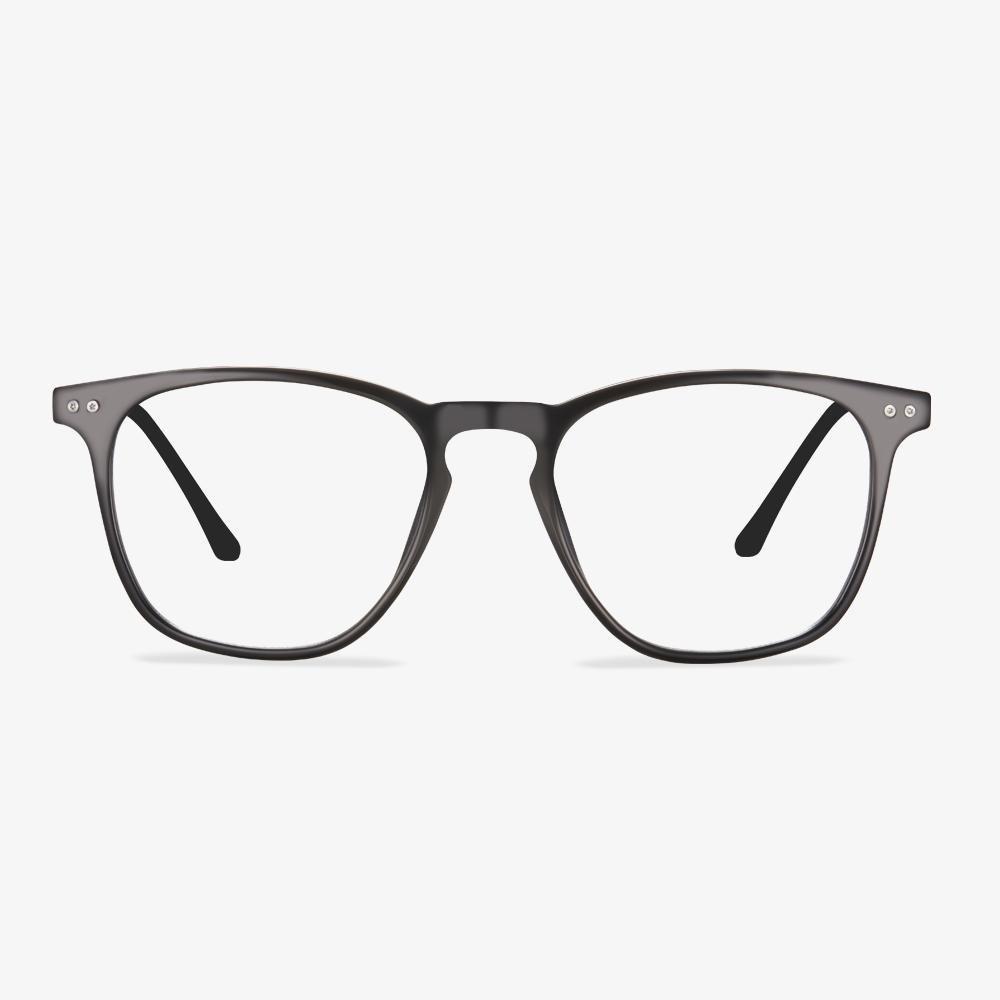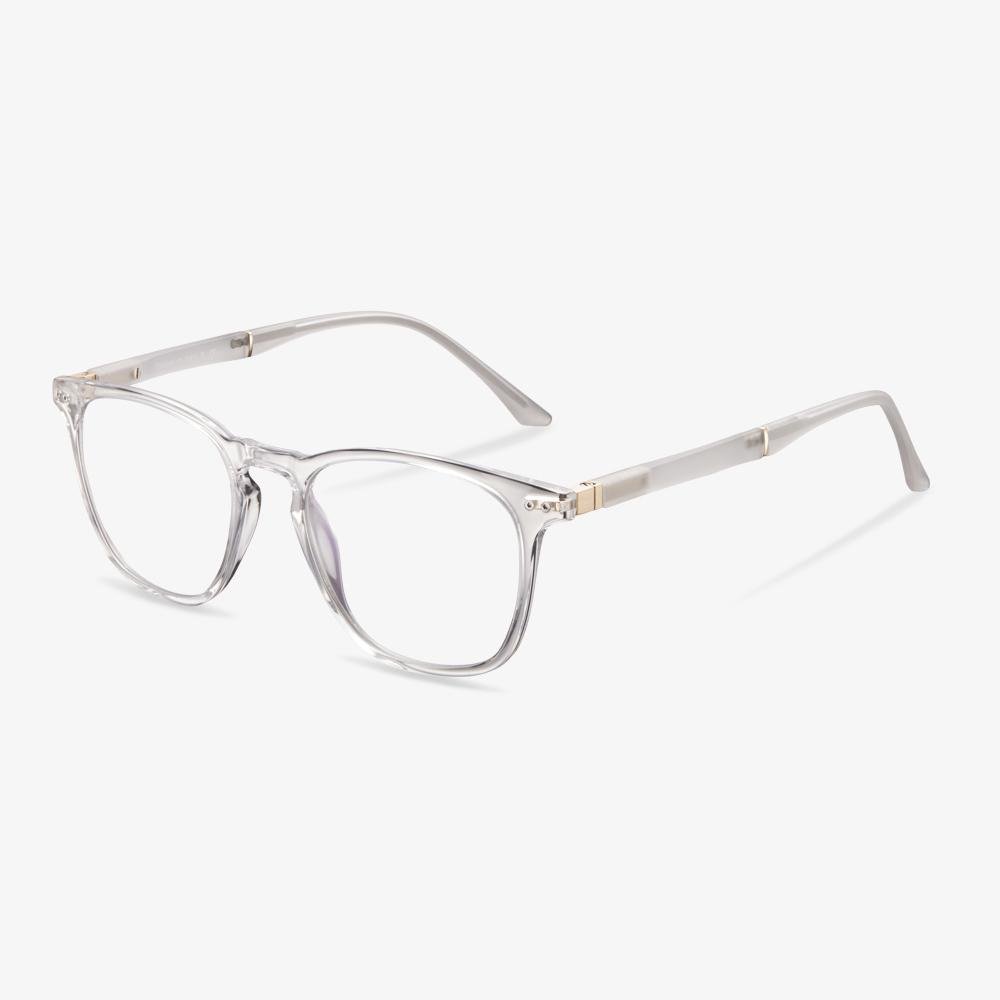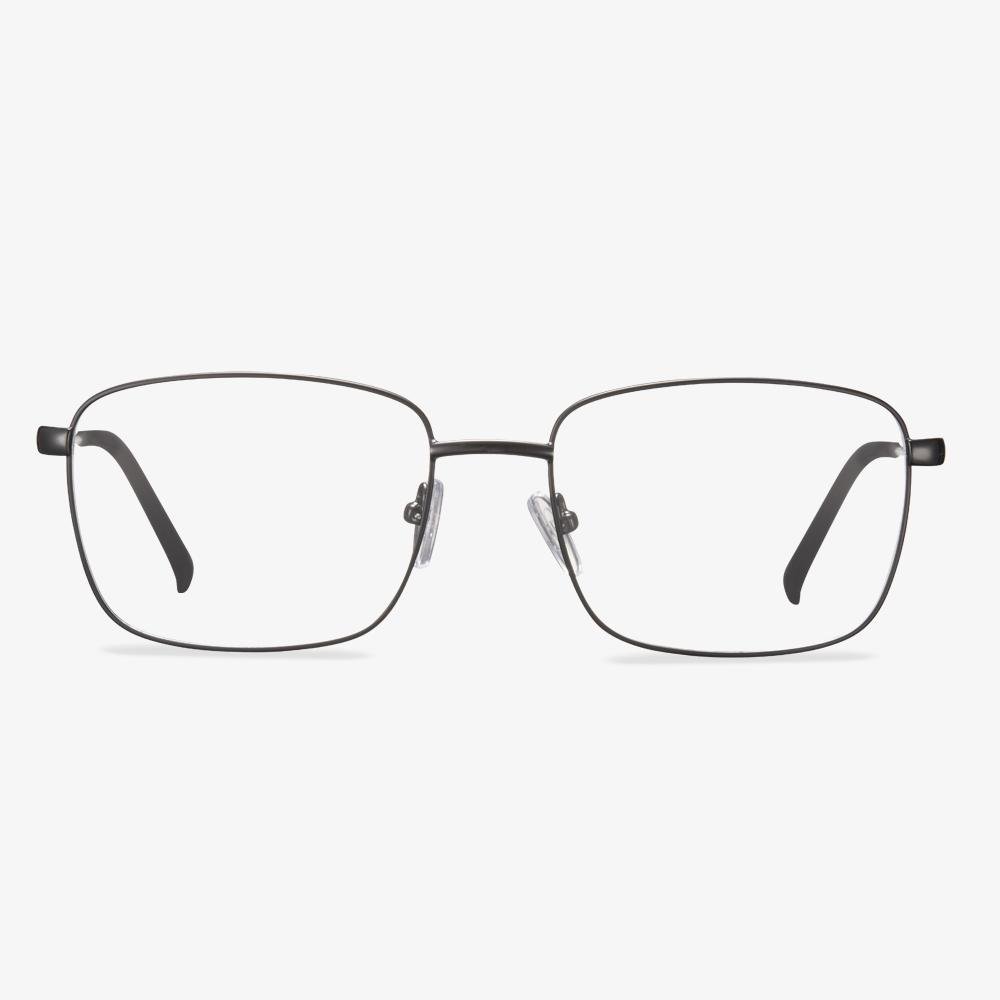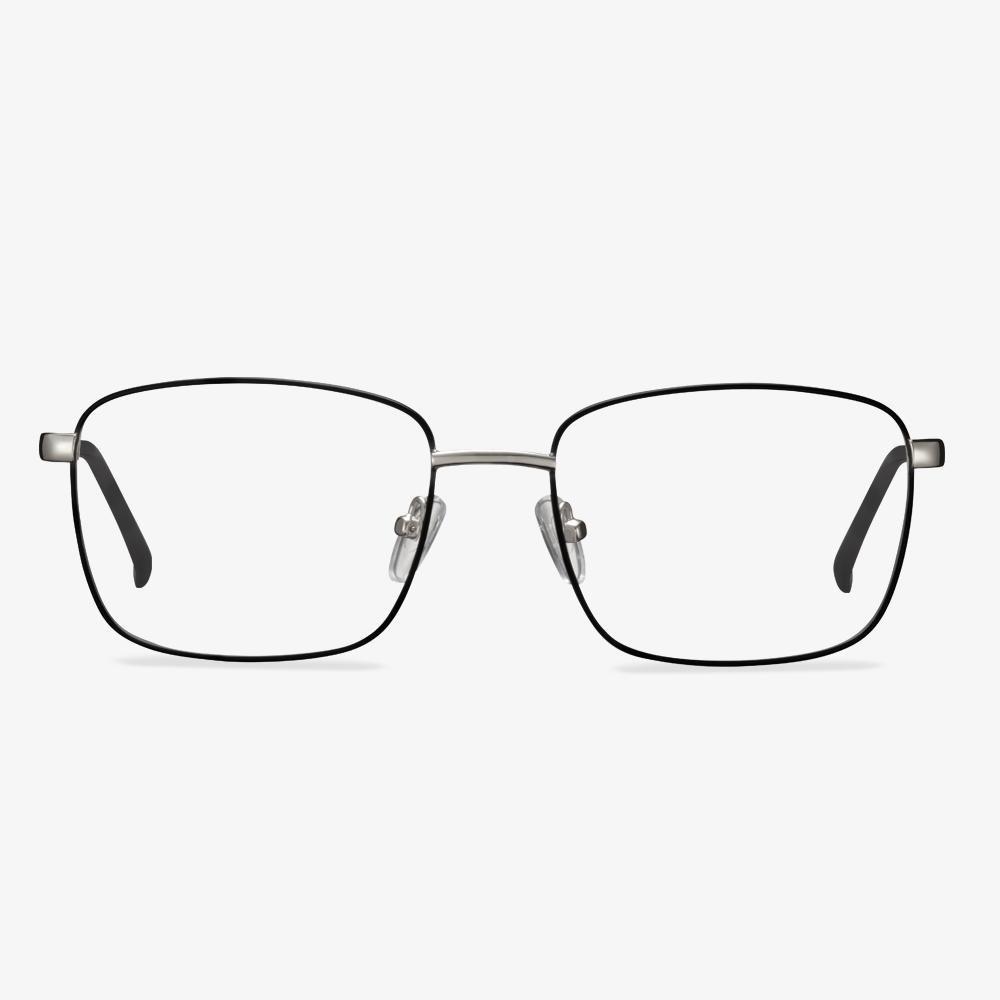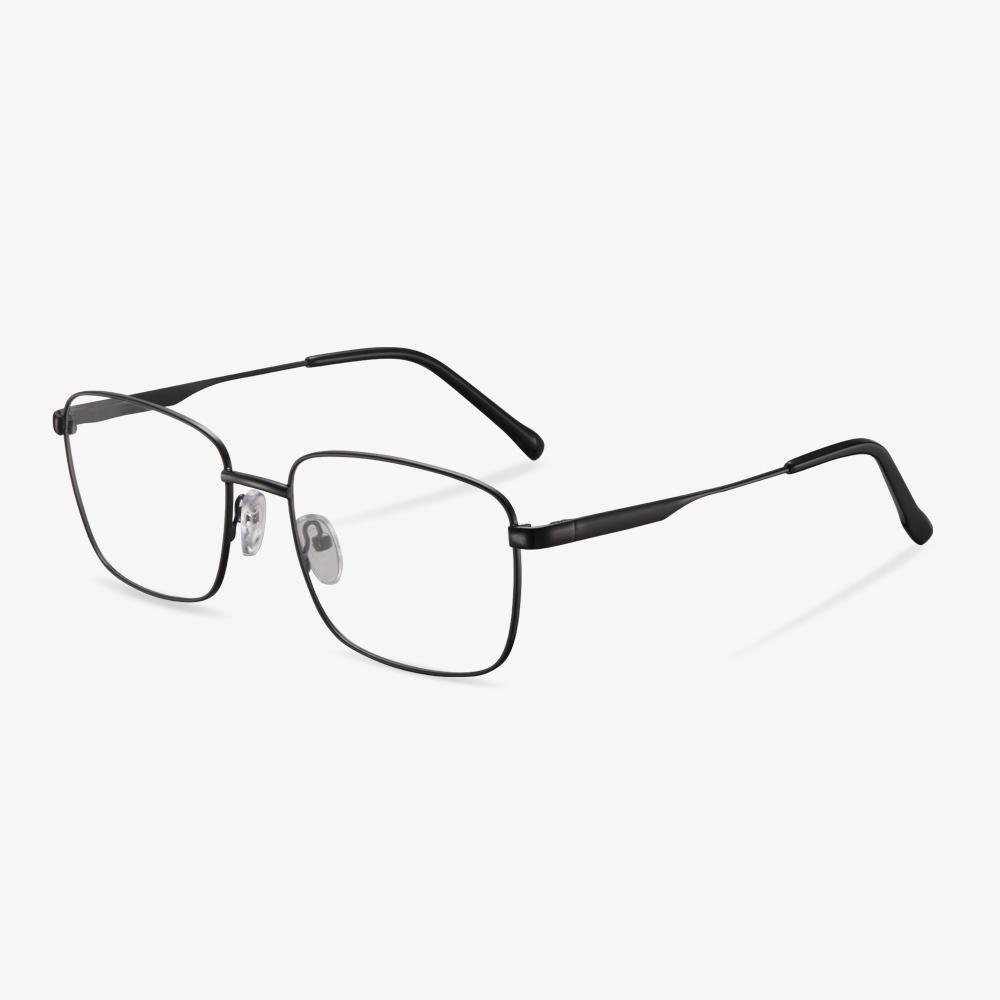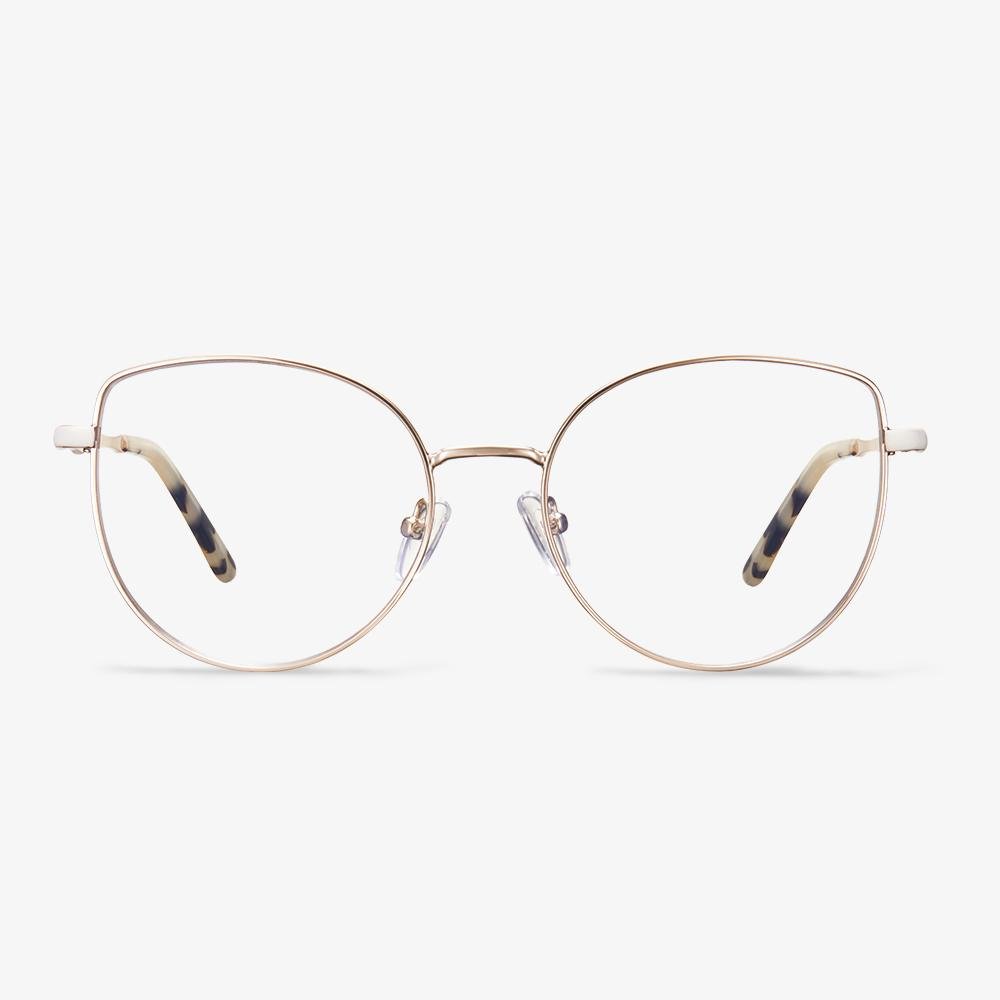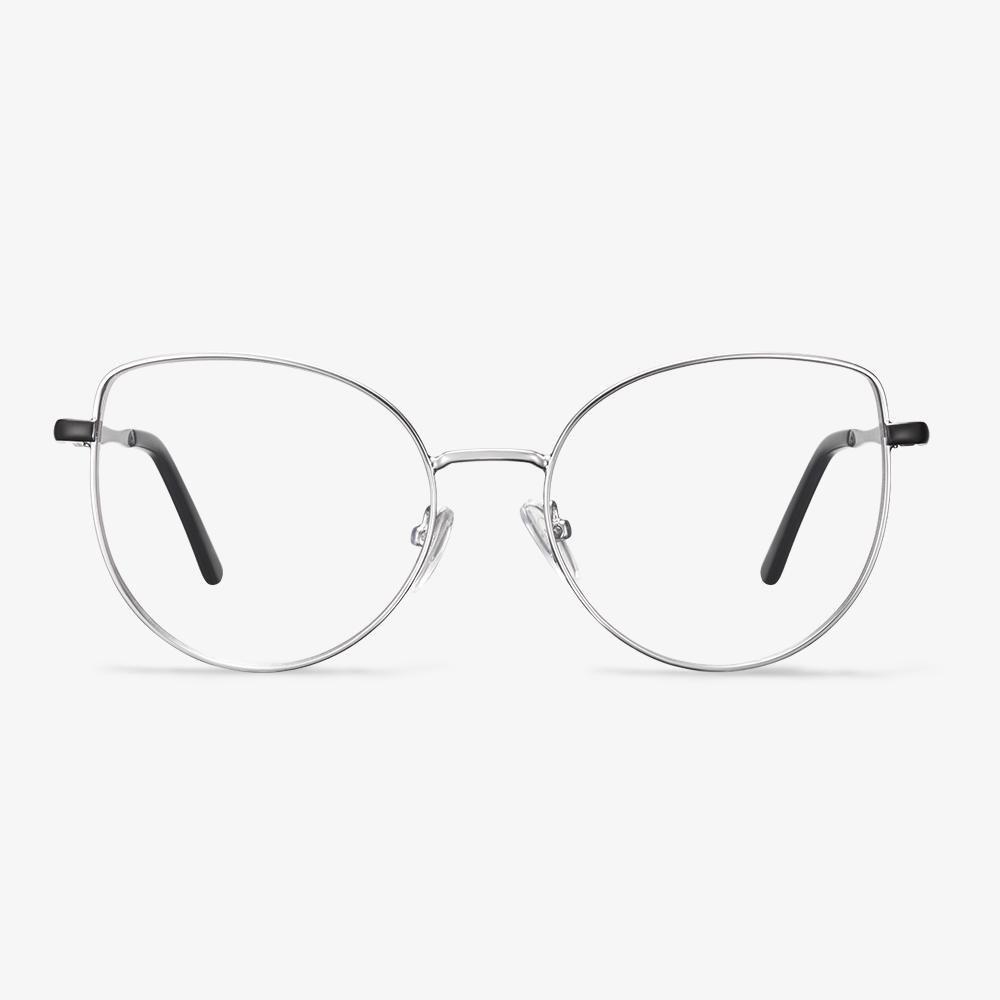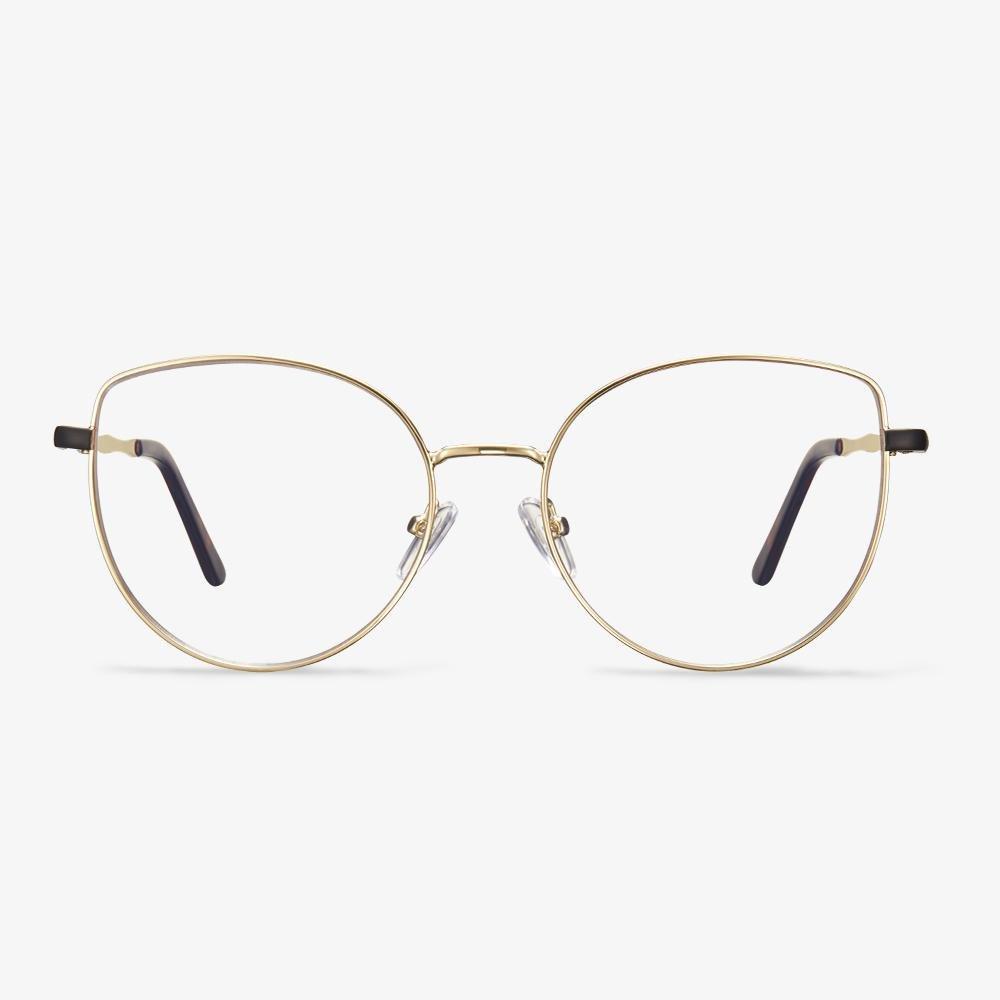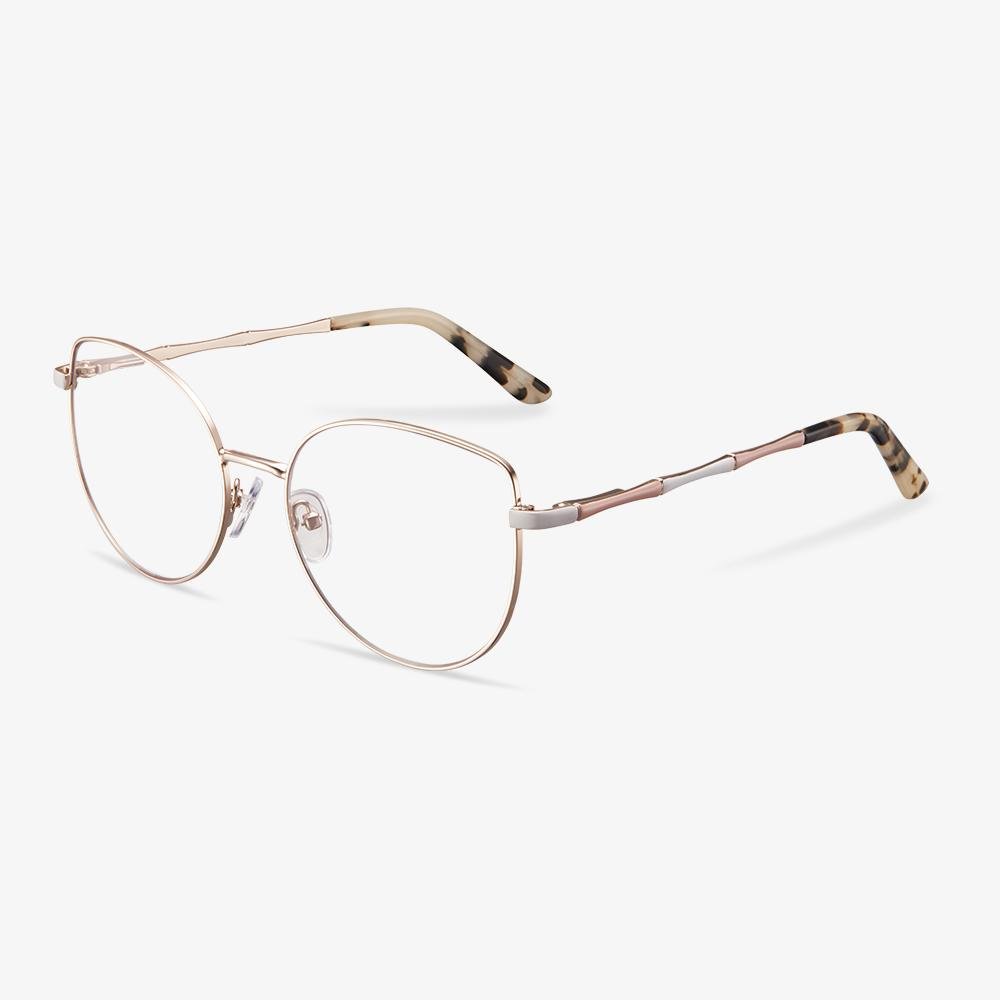Choose blue light blocking glasses with guaranteed quality.
Because blue glasses is a kind of special care, which requires quality assurance. Wearing the unqualified glasses for a long time not only failed to protect his eyes against the blue glasses but can also lead to decreased vision. In severe cases, physical disorders can occur, causing dizziness, headache, and so on. So choose a big brand, guaranteed blue light blocking glasses, which can truly protect your eyes.
Is blue light blocking worth it?
There are two main problems with anti-blue glasses currently on the market. One is that the place to be prevented is not preventable, and the other is that people have color casts due to wrong protection and aggravate visual fatigue. Studies have shown that our eyes are the most intolerant of blue light in the 400-440 nanometer band. Therefore, current manufacturers mainly block blue light in this band when producing anti-blue glasses. However, the blue waveband of electronic products is between 450 nanometers and 490 nanometers, so most anti-blue glasses have little protection in this waveband. In addition, the blocking rate of anti-blue glasses is 20%~30% to achieve a good anti-blue light effect, but now the blocking rate of anti-blue glasses on the market has basically reached 80%~90%. All in all, these blocking blue light glasses cannot prevent the blue light in the 450-490 nanometer band, and their high blocking rate will also cause a color shift, which makes people more likely to have eye fatigue and headache.
In daily life, the intensity of blue light is low, not enough to cause damage to the fundus, so ordinary people do not need to wear anti-blue glasses unless they are working in extremely strong light conditions or working in special environments. To protect the eyes, it is more important for people to develop good eye habits. For example, wear a pair of suitable glasses and read insufficient light and at an appropriate distance. Avoid using electronic products for a long time. Take a break for 20 to 30 seconds every 20 to 30 minutes, and look at the distance regularly. If you have dry eyes while reading the electronic screen, remember to blink to 12 times per minute. It is best to wear sunglasses when outdoors.
Driving Glasses - KoalaEye
The koala eye driving glasses are stylish, and the material is flexible and elastic. The lens arc fits the face line, which has a very good sense of comfort and balance. Imaging sense is very good, and the color is real and clear. It can effectively relieve eyeglasses eyestrain. Also in the market with excellent quality and simple fashion design, it is loved by the public.
How do you identify the refractive index of lens?
In reality, this problem is often a problem for optical shop practitioners, sometimes they worry about whether the manufacturer's lenses match the nominal value of the refractive index. We need a prop, and that's the camber. Because it can be used to measure the strength of the lens. The luminosity of the lens can be calculated by subtracting the curvature of the inner and outer surfaces of the lens. The curvature difference of a lens of the same luminosity is inversely proportional to the refractive index, that is, a lens with a higher refractive index only needs a smaller curvature difference to achieve the same luminosity.
When do you need sunglasses?
The eye skin is more fragile than other parts. Long-time exposure to ultraviolet light will not only stimulate the eye to make it aging but may damage tissues like the cornea, leading to a series of eye diseases.? For more effective eye protection, sunglasses are a better choice.? Dazzling sunshine will make the eyes uncomfortable, affecting the clarity of the objects. Wearing sunglasses will greatly increase comfort.? When the sun is strong, when you go out, take the appropriate way to protect your eyes from the sun.? For example, wearing sunglasses can absorb ultraviolet and infrared rays, reducing sun damage to the eyes.?If you are driving in the direction of the sun, wearing sunglasses can not only protect your eyes from UV radiation but help the driver better observe the situation ahead, which is conducive to safe driving.
Types of Single Vision Lenses
Single vision lenses come in several different types including the 1.59 polycarbonate single vision, 1.57 mid-index single vision and polarized single vision.
1.59 polycarbonate single vision lenses are characterized by their durability and impact resistance. They often include an anti-scratch coating or anti-reflective coating. This lens is much lighter and thinner than a traditional plastic lens, and it blocks the sun’s harmful UV, offering maximum UV protection.
1.57 mid-index single vision lenses are thinner than regular plastic and moderately lighter and stronger. They come with an anti-scratch coating or anti-reflective coating. These lenses are an ideal option for people with relatively higher prescriptions. But they are thicker than the polycarbonate lenses.
Polarized single vision lenses are sunglasses that protect your eyes from light that bounces off smooth, highly reflective surfaces like asphalt, snow, and water. These lenses work by controlling certain light properties and limiting specific wavelengths. They boast a vertical filter that does not allow horizontal glare to pass through.
Are blue light glasses good for driving at night?
Are blue light glasses helpful when driving at night? The answer is not necessarily. Anti-reflective coating on glasses is beneficial. But blue light blocking won't have any effect on your driving at night. If your glasses have an anti-reflective coating, then they might be helpful for night driving. Otherwise, they won't have any impact.

